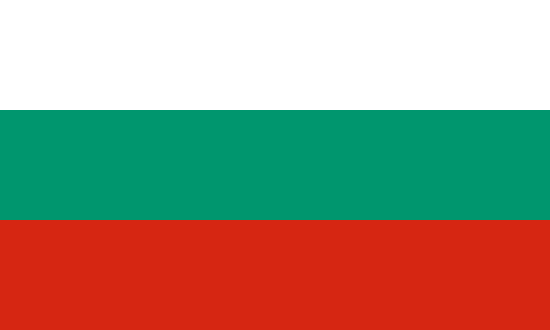"Расте, но не старее | It grows, but does not age"
About:
Sofia, the capital of Bulgaria, was founded around 7000 BC, making it one of Europe's oldest cities. It was an important city in the Roman Empire, known as Serdica. After periods of Byzantine, Ottoman, and Russian rule, Sofia became Bulgaria's capital in 1879. The city expanded rapidly in the 20th century, surviving World War II and Communist rule. Since Bulgaria's transition to democracy and market economy in the 1990s, Sofia has become a bustling, modern European city.
When to visit:
Sofia, the capital city of Bulgaria, boasts a continental climate with hot summers and cold winters. The best time to visit Sofia for a holiday is during the spring and early autumn months, particularly in April, May, September, and October. During these times, the weather is pleasant with mild temperatures, making it ideal for exploring the city's historic sites and cultural attractions. Additionally, visitors can enjoy outdoor activities such as hiking in the nearby mountains or strolling through the parks without the extreme heat or cold of summer and winter.
When to avoid:
Sofia, the capital of Bulgaria, experiences its coldest and most unpleasant weather during the winter months of December to February. The city is known for its harsh winters, with temperatures often dropping below freezing and occasional heavy snowfall. Traveling to Sofia during this time may result in limited outdoor activities and reduced visibility due to fog and snowstorms. Visitors are advised to plan their trip during the milder months of spring and summer for a more enjoyable experience in Sofia.
Winter (Dec-Feb)
In Sofia, Bulgaria, the coldest months are January and February, with average temperatures around -1°C to 3°C. Snowfall is common, often heavy, creating a winter wonderland. It's also the wettest period, with about 40mm of precipitation monthly. Days are short and sunlight is limited, with cloud cover common. An average day for a visitor might involve bracing the chilly weather, strolling snow-dusted streets, or enjoying indoor attractions. Dress warmly, as the wind can make it feel colder. Despite the cold, Sofia's winter has a unique charm.
"Summer (June–August)"
In Sofia, Bulgaria, the warmest part of the year typically spans from June to August, known as the summer season. During this period, the average high temperatures range from 25°C (77°F) to 30°C (86°F). The rainfall is relatively low compared to other seasons, averaging around 40-60 mm per month.
The city enjoys long daylight hours, with the sun shining for approximately 14-15 hours per day in June and gradually decreasing as summer progresses. Humidity levels are generally moderate, around 60-70%, making the heat comfortable rather than oppressive.
Cloudiness is quite low in summer, with clear or mostly clear conditions prevailing for about 60-70% of the time. This means you'll likely experience plenty of blue skies and sunshine.
For a visitor, a typical summer day in Sofia would feel warm to hot, especially in the afternoon. Mornings and evenings are more comfortable, perfect for sightseeing or outdoor activities. Despite the occasional rainfall, the weather is generally sunny and pleasant. It's a great time to explore the city's parks, outdoor markets, and sidewalk cafes, or take a trip to nearby mountains for a breath of cooler air.
Language:
Bulgarian is the primary language spoken in Sofia, the capital city of Bulgaria. As the official national language, it is used in all aspects of daily life, government, and education. English is also widely spoken, particularly among younger generations and in business settings. Russian, and to a lesser extent German and French, are also spoken due to historical ties and education.




